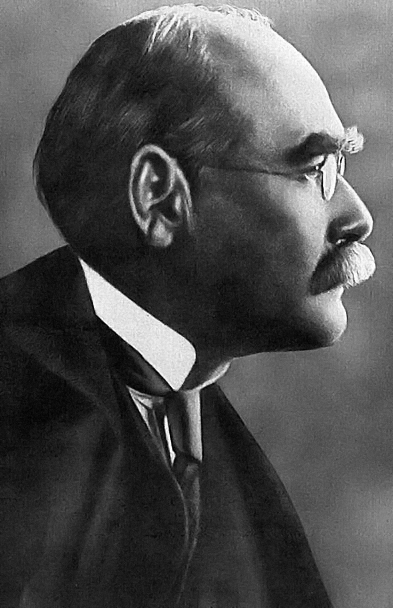She was the daughter of Sonoo, a Hill-man, and Jadeh his wife. One year their maize failed, and two bears spent the night in their only poppy-field just above the Sutlej Valley on the Kotgarth side; so, next season, they turned Christian, and brought their baby to the Mission to be baptized. The Kotgarth Chaplain christened her Elizabeth, and "Lispeth" is the Hill or pahari pronunciation.Later, cholera came into the Kotgarth Valley and carried off Sonoo and Jadeh, and Lispeth became half-servant, half-companion to the wife of the then Chaplain of Kotgarth. This was after the reign of the Moravian missionaries, but before Kotgarth had quite forgotten her title of "Mistress of the Northern Hills."Whether Christianity improved Lispeth, or whether the gods of her own people would have done as much for her under any circumstances, I do not know; but she grew very lovely. When a Hill girl grows lovely, she is worth traveling fifty miles over bad ground to look upon. Lispeth had a Greek face-one of those faces people paint so often, and see so seldom. She was of a pale, ivory color and, for her race, extremely tall. Also, she possessed eyes that were wonderful; and, had she not been dressed in the abominable print-cloths affected by Missions, you would, meeting her on the hill-side unexpectedly, have thought her the original Diana of the Romans going out to slay.Lispeth took to Christianity readily, and did not abandon it when she reached womanhood, as do some Hill girls. Her own people hated her because she had, they said, become a memsahib and washed herself daily; and the Chaplain's wife did not know what to do with her. Somehow, one cannot ask a stately goddess, five foot ten in her shoes, to clean plates and dishes. So she played with the Chaplain's children and took classes in the Sunday School, and read all the books in the house, and grew more and more beautiful, like the Princesses in fairy tales. The Chaplain's wife said that the girl ought to take service in Simla as a nurse or something "genteel." But Lispeth did not want to take service. She was very happy where she was.
Hinweis: Dieser Artikel kann nur an eine deutsche Lieferadresse ausgeliefert werden.
Hinweis: Dieser Artikel kann nur an eine deutsche Lieferadresse ausgeliefert werden.









